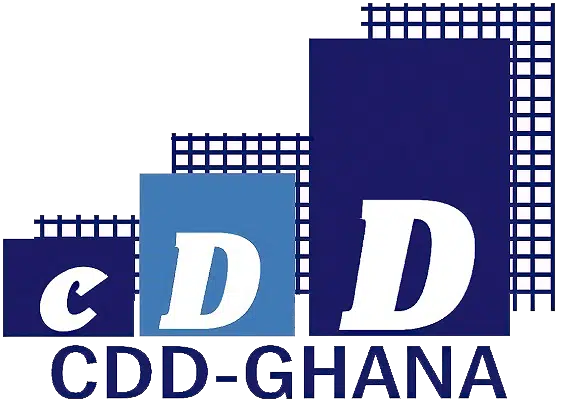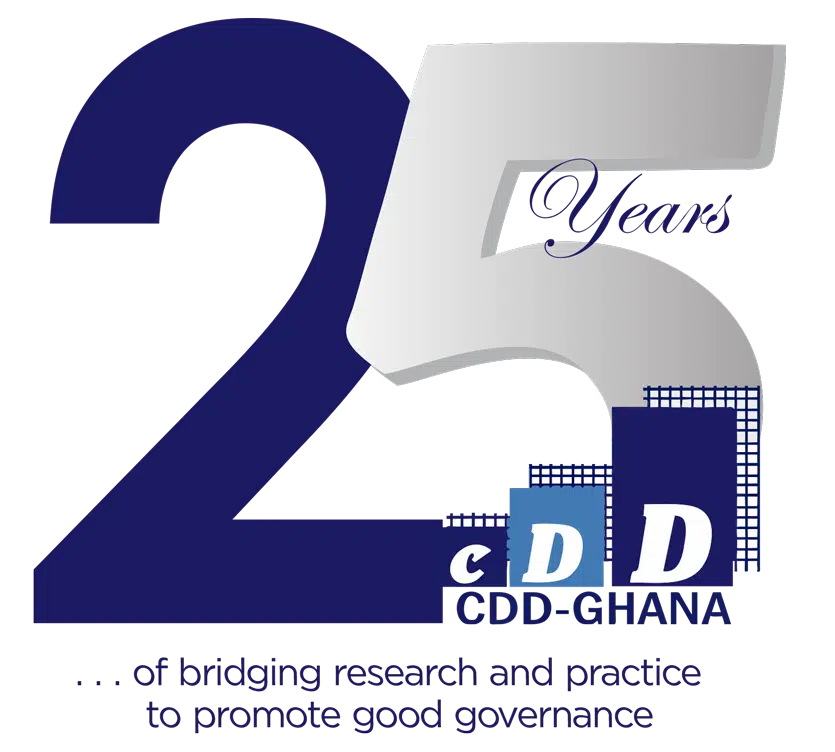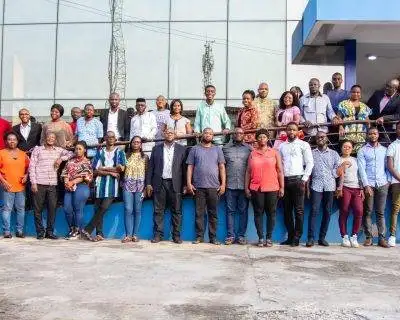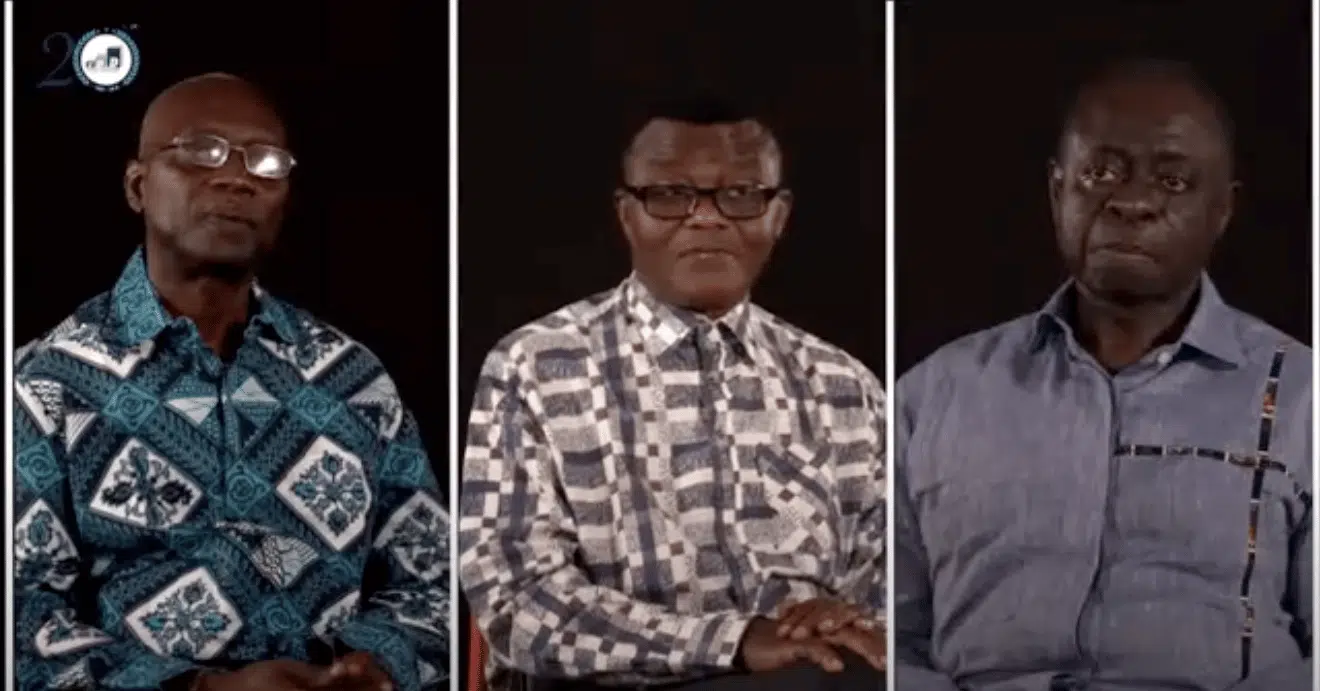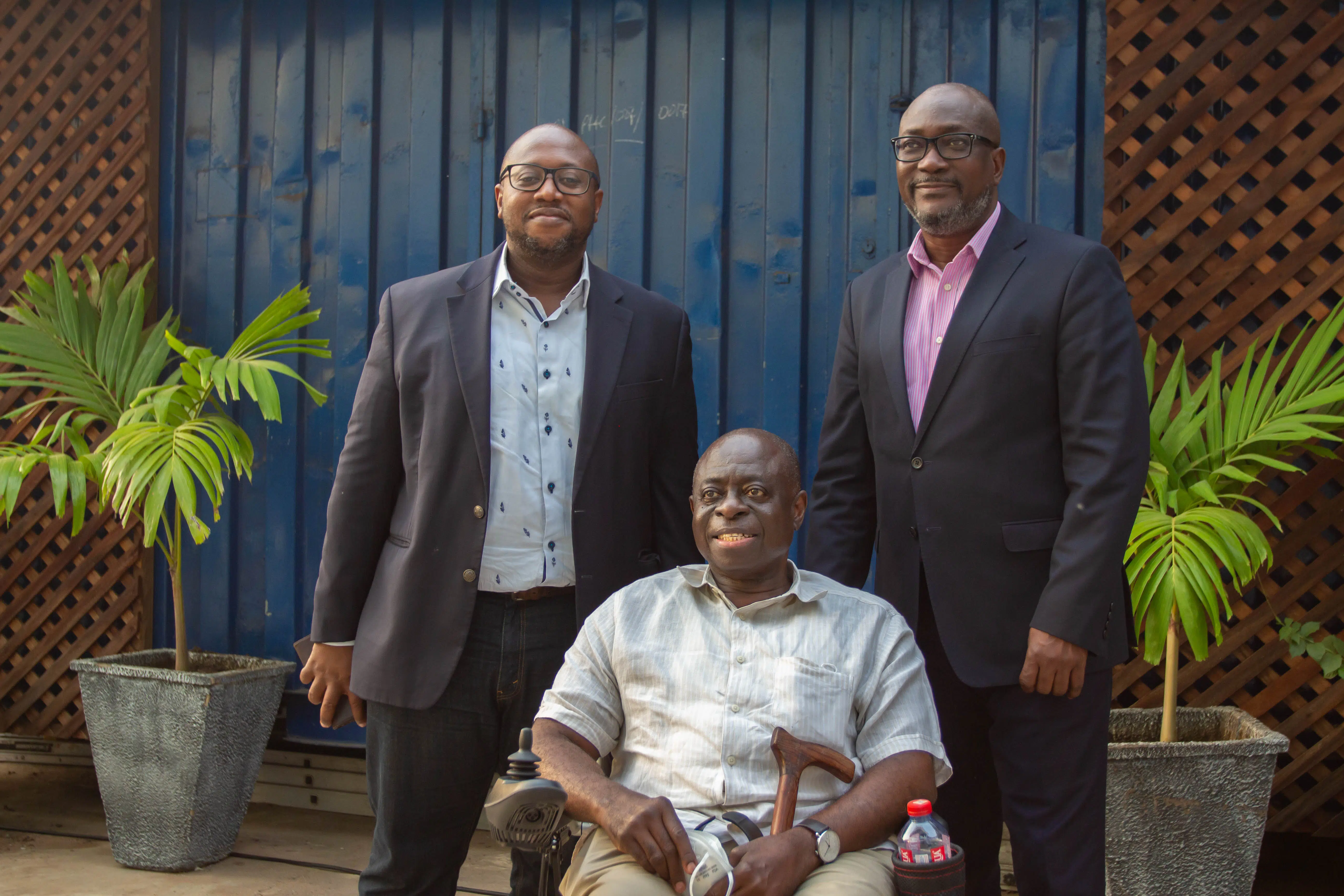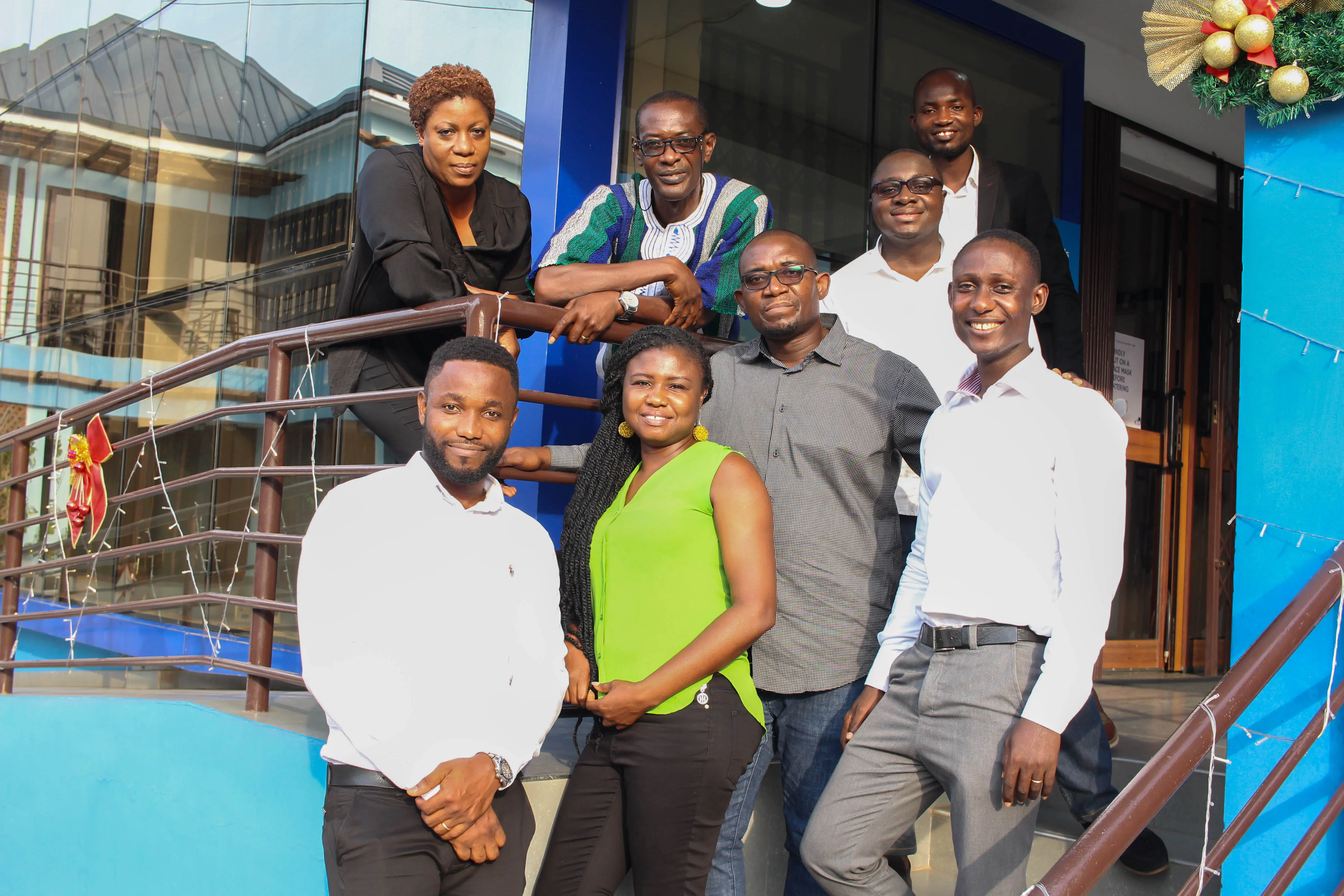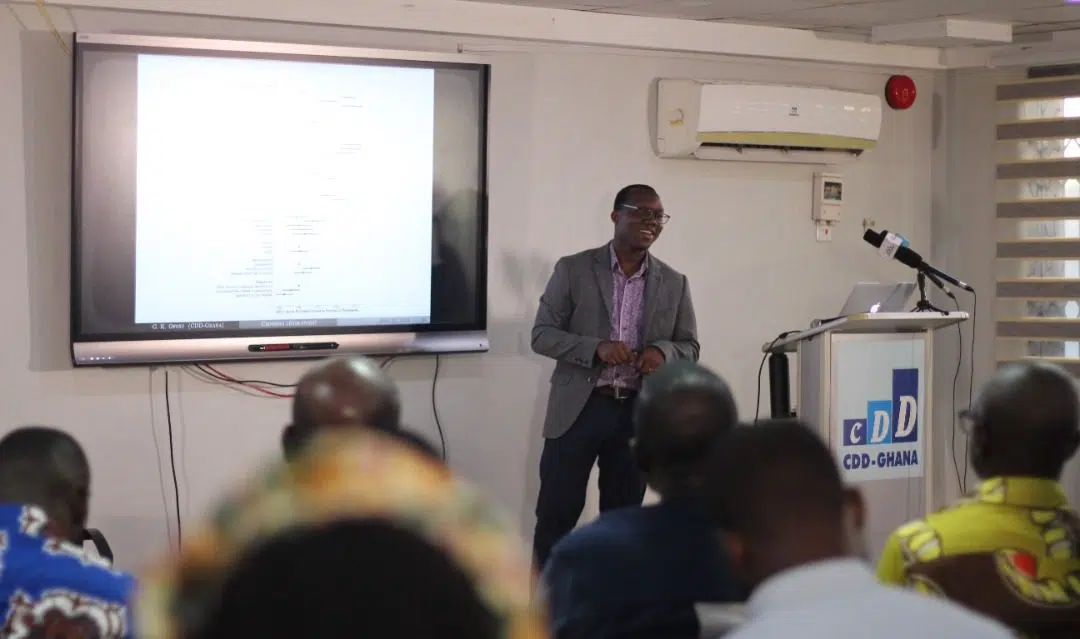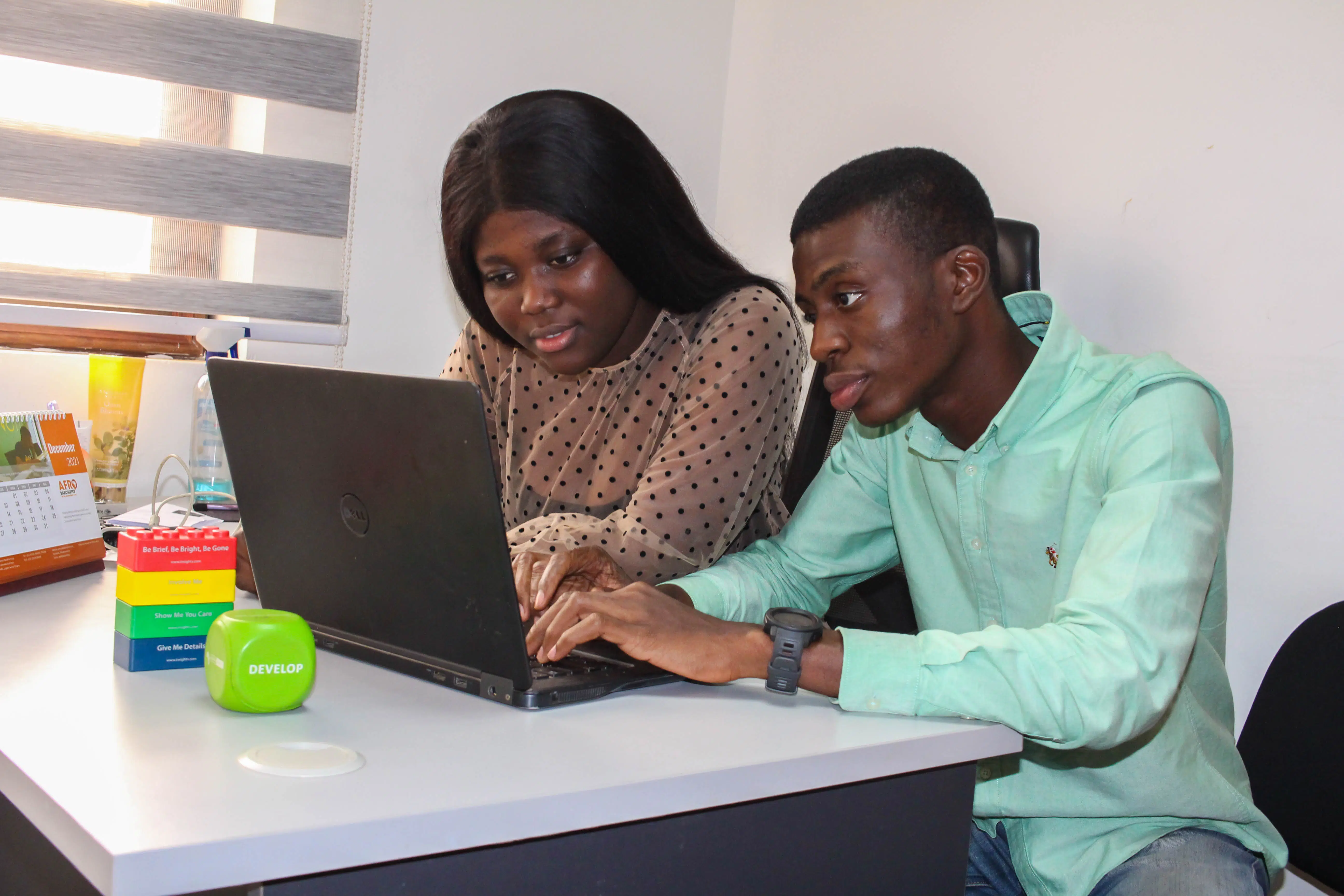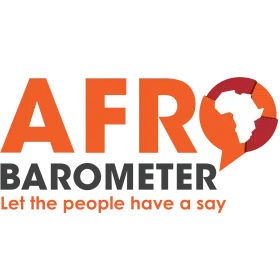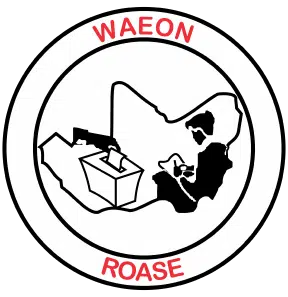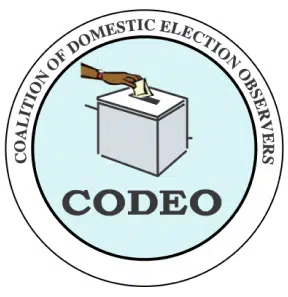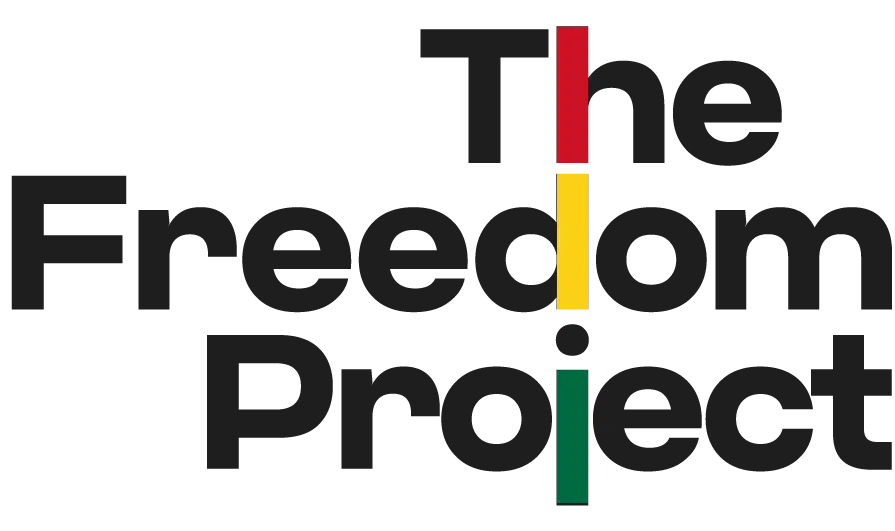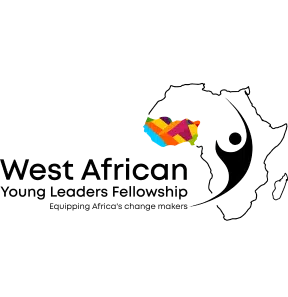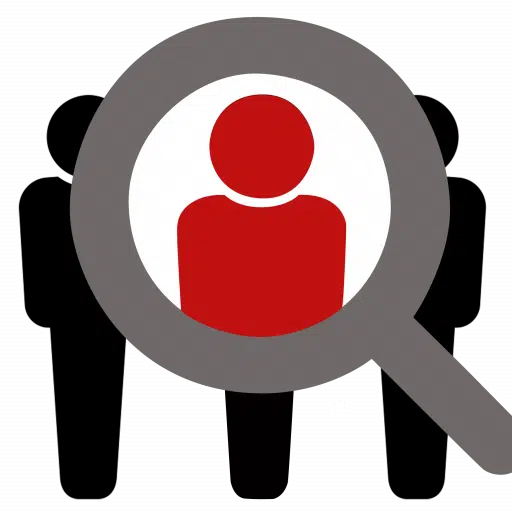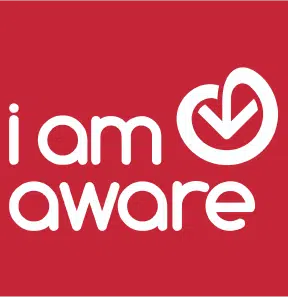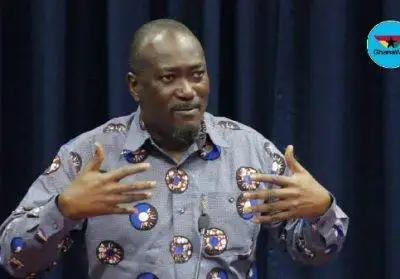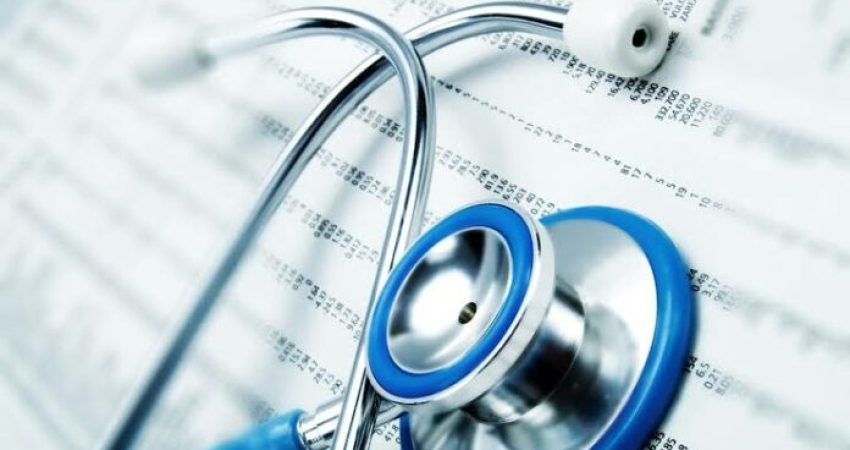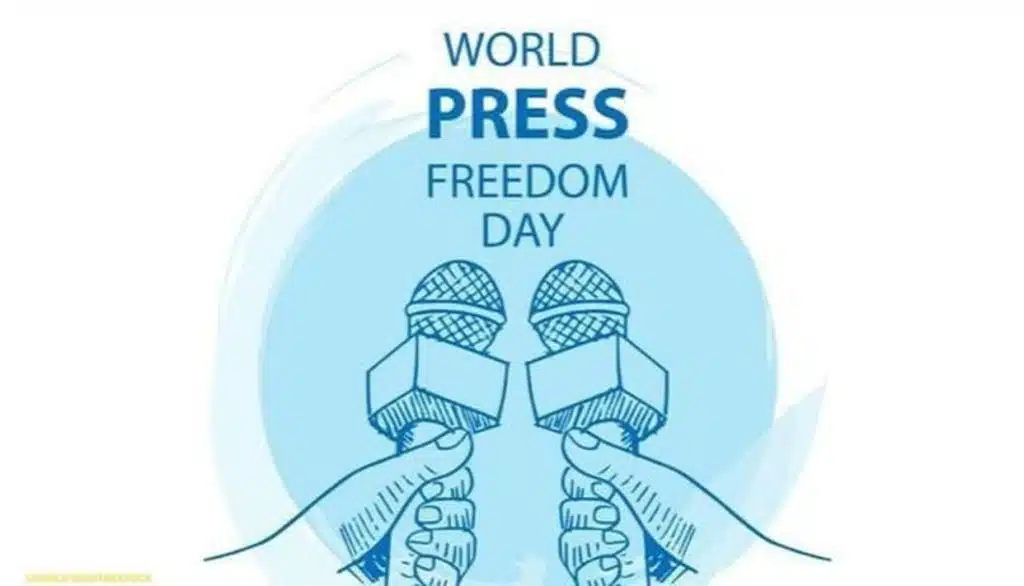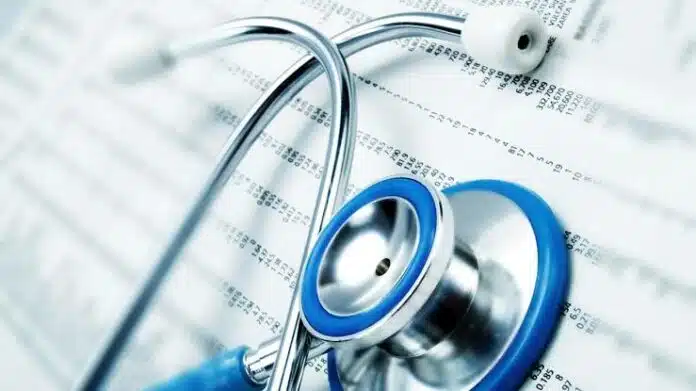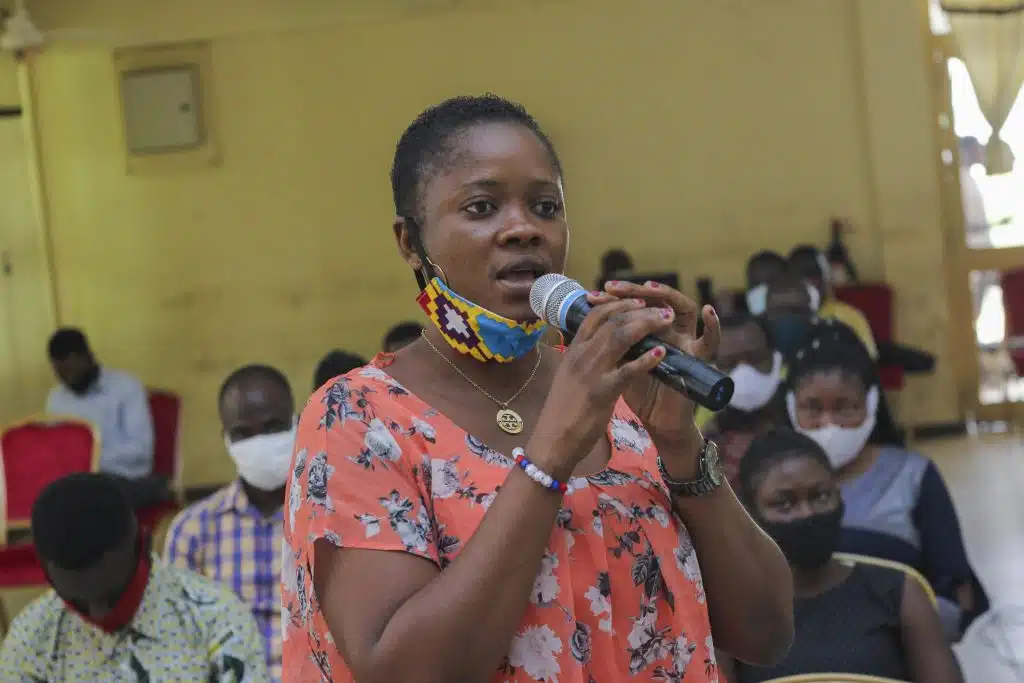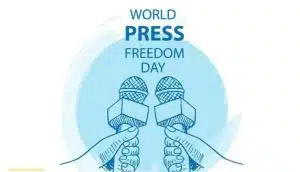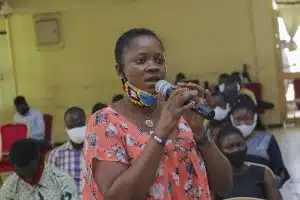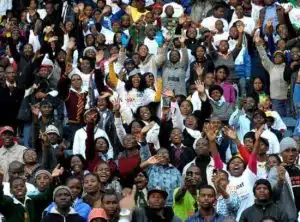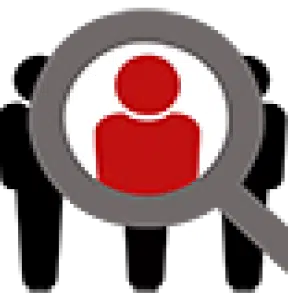Another election is on the horizon in Ghana and many seeking executive office will put out manifestos, spelling out their intentions and why they should be given the mandate to govern. These documents would have to be scrutinized by society to try and make sense of the intentions of the authors and the feasibility of implementation. This is to ensure that voters are not shortchanged by those they entrust with executive power.
Often, these conversations are led by journalists because they stand as the vanguards of truth, wielding their pens and microphones as instruments of scrutiny and accountability. More importantly, voice is critical in areas like healthcare, where decisions made during an election year can have profound implications for public well-being. In this essay, we embark on a journey to unravel the indispensable role of journalists as the fourth estate in teasing out the complexities of the health conversation amidst electoral fervor. With focus on key health policy areas such as health expenditure, abandoned projects, human resources, work tools, and the pursuit of Universal Health Coverage (UHC) by 2030. We aim to explore how journalists can serve as catalysts for informed decision-making and champions of public health.
At the heart of the health conversation lies the pivotal issue of health expenditure per capita and its impact on investments and outcomes. Health expenditure serves as a barometer of a nation’s commitment to the health and well-being of its populace. It is not enough to have increasing health expenditure per capita without prudent planning to ensure that the health policy direction being proposed can be implemented. It is, therefore, the responsibility of journalists when reading political party manifestos to identify major cost centers and interrogate political commentators on how these will be funded.
It is their responsibility to decipher the intricacies of proposed healthcare costs, whilst shedding light on historical allocation patterns and current expenditure priorities. By scrutinizing proposed health fund allocations, journalists can empower citizens to demand transparency and accountability from policymakers, ensuring that healthcare investments are directed towards initiatives that yield tangible health benefits. They should ideally have at their fingertips historic health investments and the corresponding health outcomes they delivered in the short to medium term.
Journalists must be aware that the story of health expenditure is often marred by the specter of abandoned projects and sunk costs which is a testament to bureaucratic inefficiencies, the quest for pecuniary benefits by politicians during the procurement process and mismanagement. As the torchbearers of accountability, they have a responsibility to unravel the tangled web of abandoned health projects and the consequent losses incurred whilst trying to ascertain if the proposed policy direction will not suffer a similar fate. Through investigative journalism, they must expose the systemic failures and political machinations that often underlie these abandoned projects, holding stakeholders accountable and advocating for reforms in project management and procurement processes. By amplifying the voices of affected communities and shedding light on the human toll of abandoned projects, journalists must catalyze public discourse and demand corrective action from policymakers.
The correlation between health human resources, health professionals’ work tools, and health outcomes form the bedrock of effective healthcare delivery. Journalists play a pivotal role in elucidating this relationship, they examine the adequacy of healthcare professionals relative to population needs and the impact of work tool deficiencies on service delivery. Through data-driven analysis and investigative reporting, journalists highlight regional disparities in healthcare access and workforce distribution. This amplifies the voices of marginalized communities and advocates for targeted investments in workforce development and infrastructure enhancement. Documents such as the Ghana Demographic and Health Survey, the Holistic Assessment Report of Health Program of Works and the Ghana Harmonized Health Facilities Assessment Report could serve as reference points for determining whether proposals made in political manifestos are in line with the health needs of Ghanaians.
Journalists must be aware of the challenging terrain of healthcare financing and its sustainability, particularly in the pursuit of Universal Health Coverage (UHC) by 2030. In a landscape fraught with fiscal constraints and mounting debt burdens, journalists must provide invaluable insights into the feasibility and implications of financing mechanisms for achieving UHC goals proposed by those seeking public office. Through in-depth analysis and contextual reporting, they must illuminate the trade-offs and policy choices inherent within expanding healthcare coverage amidst fiscal austerity, empowering citizens to engage in informed dialogue and advocate for an equitable healthcare system.
Through rigorous fact-checking of manifesto content and the publicizing of any untruths, misinformation or disinformation, journalists can hold political parties accountable for their healthcare pledges, exposing hollow promises and advocating for evidence-based policies that prioritize the health and well-being of citizens. By serving as the guardians of public interest, they can empower voters to make informed decisions at the ballot box, ensuring that healthcare remains a central issue in our electoral discourse.
These professionals of the fourth estate must realize that a poor-functioning health system is a danger to themselves and the public. They must not shy away from the sad truths of system failure, poor prognosis, the fear of vitriol and possible danger to their person and allow politicians to use health as a vote driver when their intentions are not mapped out to improve the health and wellbeing of the citizens. They must also guard against political players turning health discussions into cheap points scoring and equalization.
Rather, they must be committed to truth, transparency, and accountability, and serve as catalysts for informed decision-making based on political leadership that champions of public health. By unraveling the complexities of health policy, exposing systemic failures, and advocating for evidence-based reforms, they could do great service to the country and its future. Bearers of the pen, camera and microphones must remain steadfast in this mission to safeguard the health and well-being of society by ensuring that the voices of the marginalized are heard and that healthcare remains a cornerstone of our democratic governance.
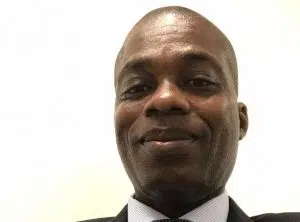
Kwame Sarpong Asiedu (PhD) is CDD-Ghana’s Democracy & Development Fellow in Public Health.
